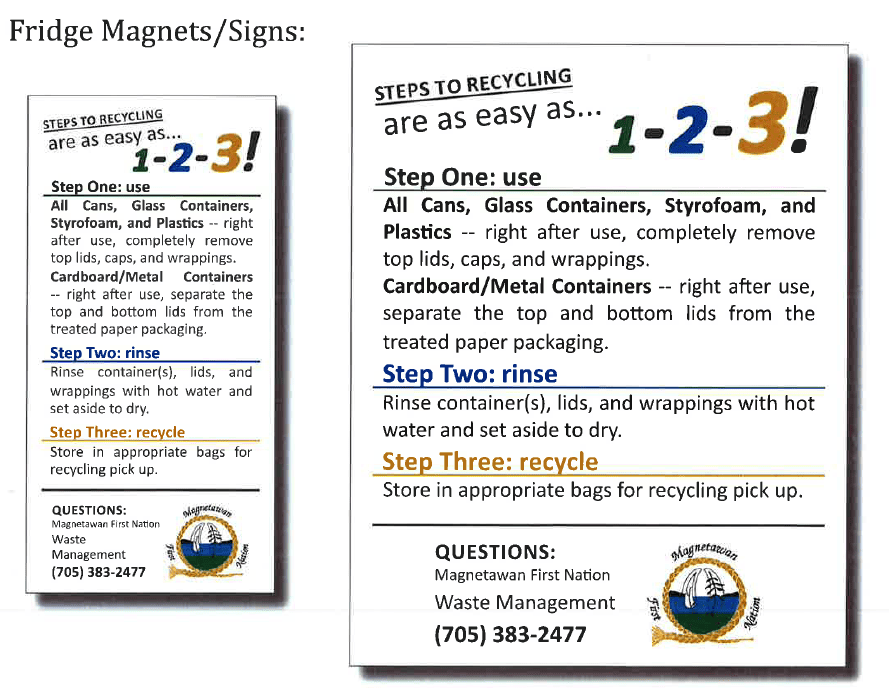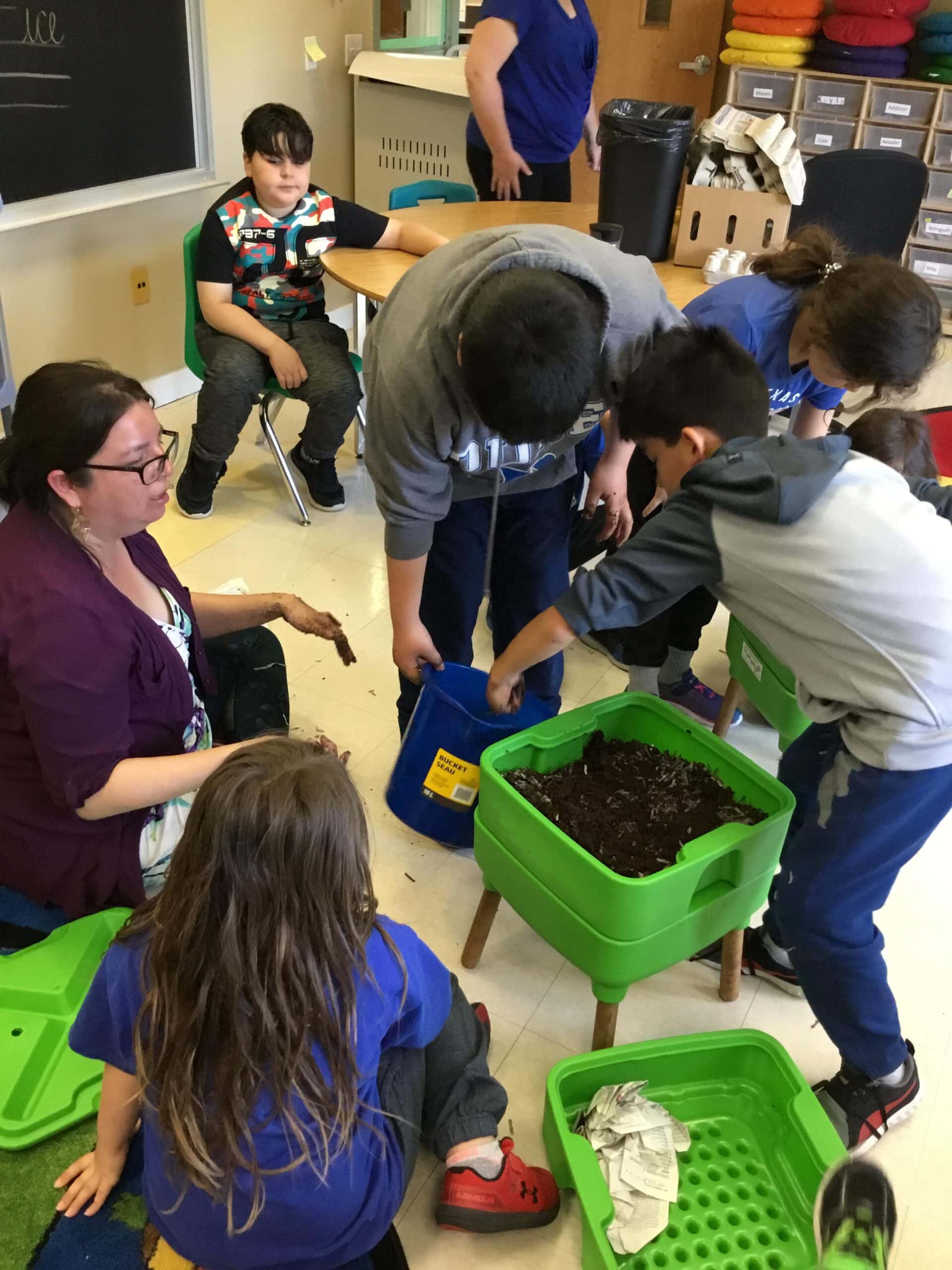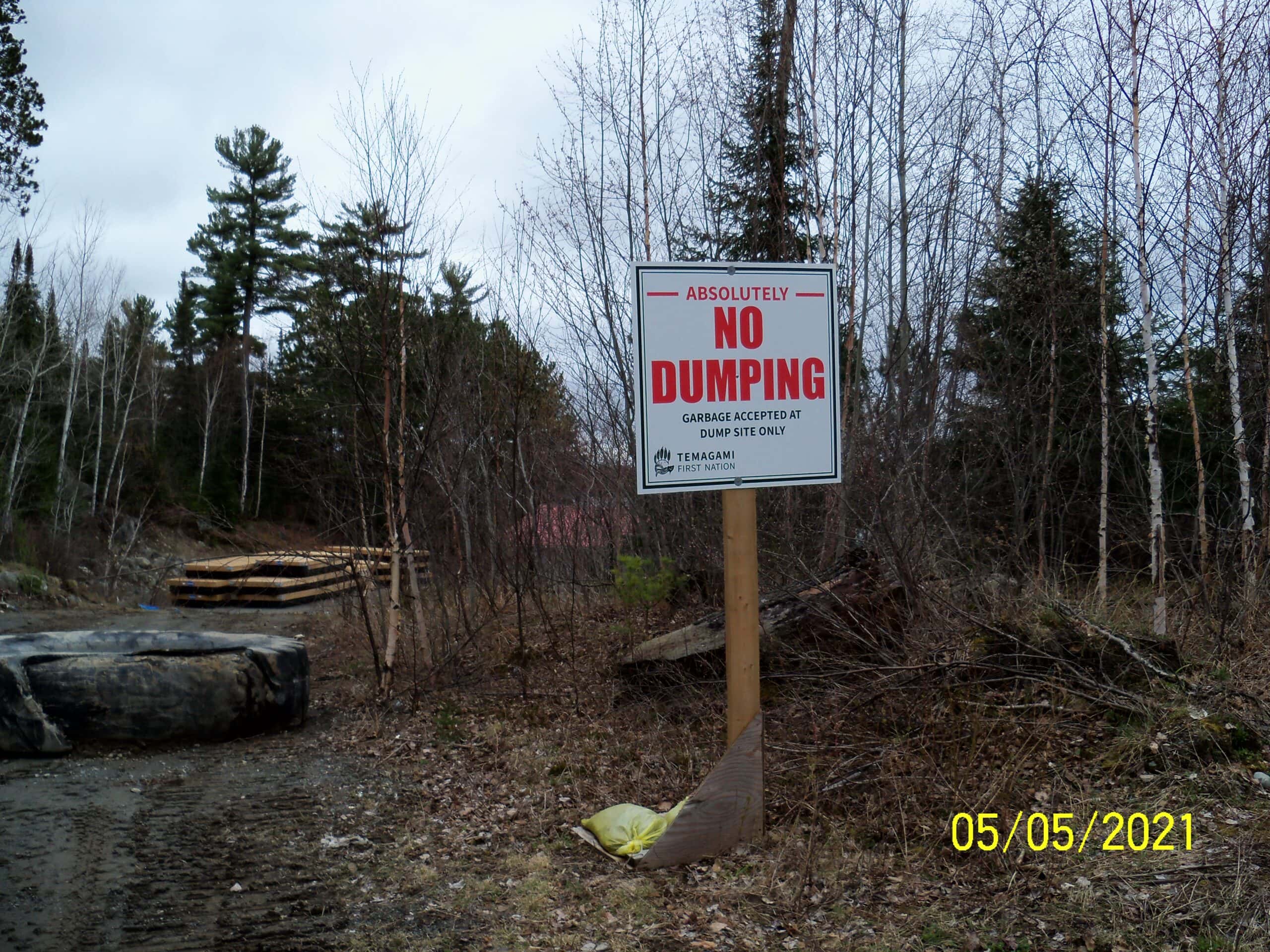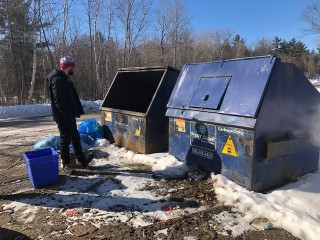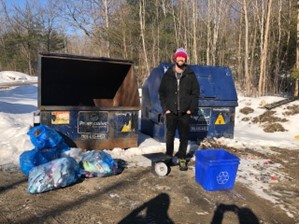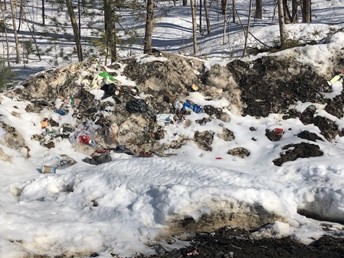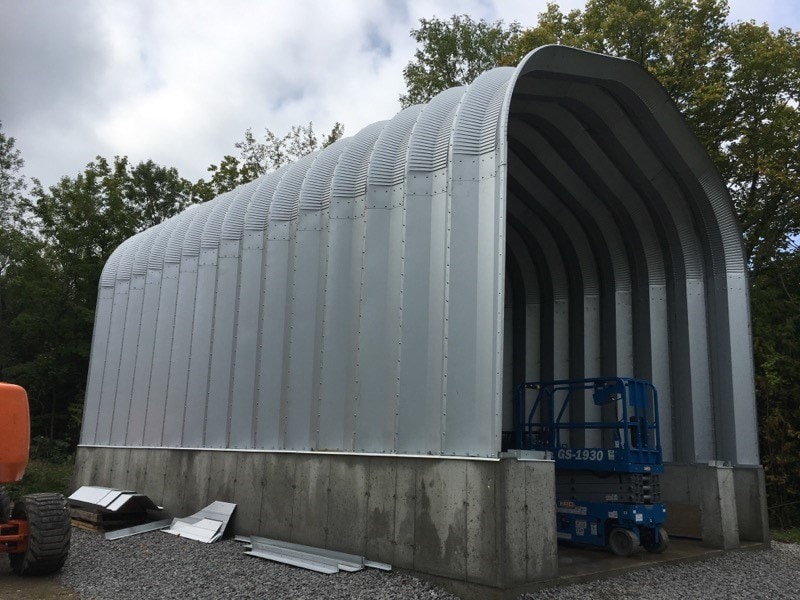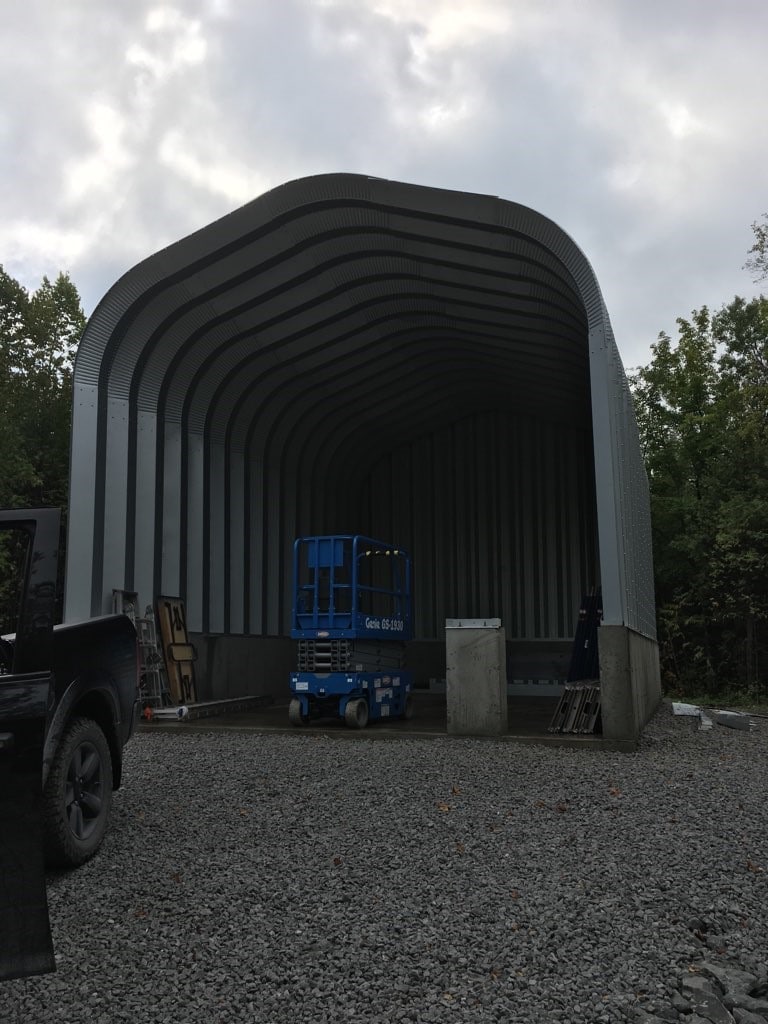Solid Waste Management (SWM): Supporting First Nation Land Governance
Supporting Framework Signatory First Nations in carrying out their responsibility in the development, operation, and maintenance of environmentally responsible solid waste management systems.
Key service areas include:
- Law development support related to Solid Waste
- Design support for waste management systems
- Review and Recommendations for Solid Waste Management Plans
- Assistance with setting up & improving waste diversion programs
- Registration support and liaising with Stewardship Organizations
- Assistance with understanding Federal & Provincial Legislation and Regulations
- Project planning and proposal development support
- Funding program
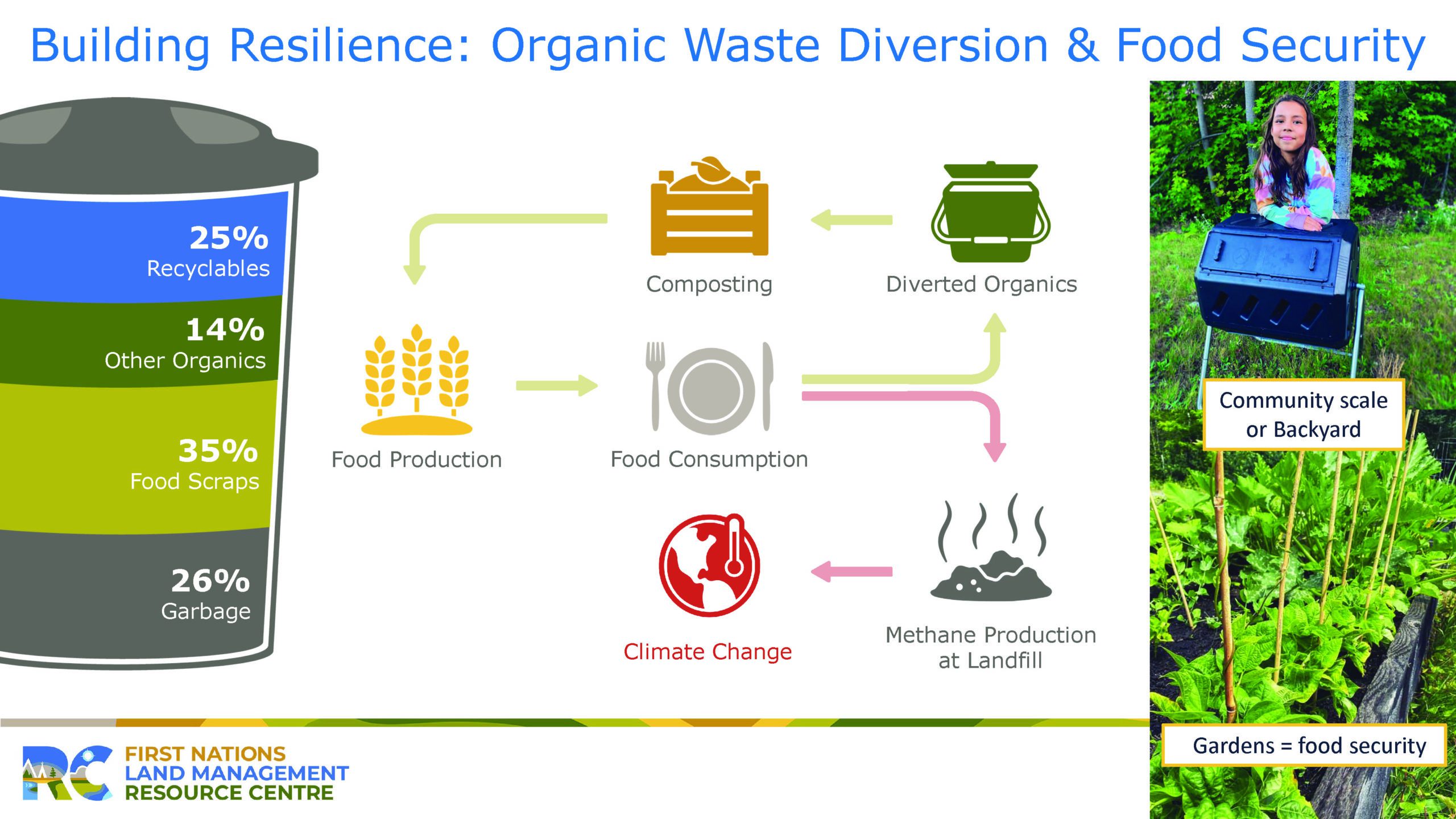
First Nation Solid Waste Management Projects
Solid Waste Regulations & Guidelines
FEDERAL:
- Canada Council of Ministers of the Environment Code of Practice for Used Oil Management in Canada
- Government of Canada Permits and Notices Transportation of Dangerous Goods
PROVINCIAL:
Tools for Solid Waste Management Planning and Service Agreements: Guides, Templates and Sample Plans
- A Guide to Solid Waste Planning – BC Ministry of Environment
- Solid Waste Management Guide – Professional Engineers Ontario
- Solid Waste Management Toolkit – Federation of Canadian Municipalities
- The First Nations–Municipal Community Infrastructure Partnership Program (CIPP) Service Agreement Toolkit
- Waste Management MTSA Toolkit
- Recycling Toolkit
- Making Waste Work is a toolkit for community waste management in lower- and middle-income countries
First Nations Land Management Resource Centre Courses:
SWM 101 – SWM & the Framework Agreement (FA) Course | Workbook
SWM 102 – Municipal Type Service Agreements (MTSA’s) Course | Workbook
SWM 103 – Law-Making & Enforcement under the FA Course | Workbook
Other SWM learning opportunities:
- SWANA Solid Waste Training
- SWANA Northern Lights Chapter – Landfill Operations Basics
- BEAHR Solid Waste Coordinator Training
- MCA Environmental Management Training
- Fleming College – Sustainable Waste Management Program
- Alberta CARE – Solid Waste Training
- Alberta Landfill Operator Certification Study Guide
- Alberta Compost Facility Operator Study Guide
Solid Waste Management Presentations and Reports
2023
- Using GIS to Support Land Use Planning & Solid Waste Management – January 12, 2023
- Northern Ontario First Nations Environment Conference – September 26, 2023
2020
2019
Solid Waste Management Funding
NATIONAL:
- First Nations Waste Management Initiative Funding Program
- Infrastructure Canada’s Funding Programs
- First Nation Infrastructure Fund Program Guide
- Federation of Canadian Municipalities Green Municipal Fund
- Climate Change Preparedness in the North
- Lands and Economic Development Services Program and Program Guidelines
- Multi-Materials Stewardship Board – Solid Waste Management Innovation Fund
BC:
- The B.C. government has launched the Organics Infrastructure Program to provide funding to create additional organics processing capacity in the province.
OTHER:
- DivertNS Funding
- Walmart Foundation Food Waste Solution Search
- Federation of Canadian Municipalities – Waste Diversion
- Community Champions Program – Beverage Container Recycling (Alberta)
- Alberta EcoTrust Environmental Grant Program
- Winnipeg Foundation Community Grants
- Brandon Area Community Foundation Grants
- Columbia Basin Trust – Grants and Program Directory
- Bullitt Foundation
SWM – Extended Producer Responsibility (EPR) Programs
SWM – Regional Resources &Associations
SWM – Hazardous Waste Resources
| To prevent harming human health and the environment, it’s essential that hazardous waste is handled, stored, transported, treated and disposed of properly. |
For more information, please contact:
Stefanie Recollet – Solid Waste Management Specialist
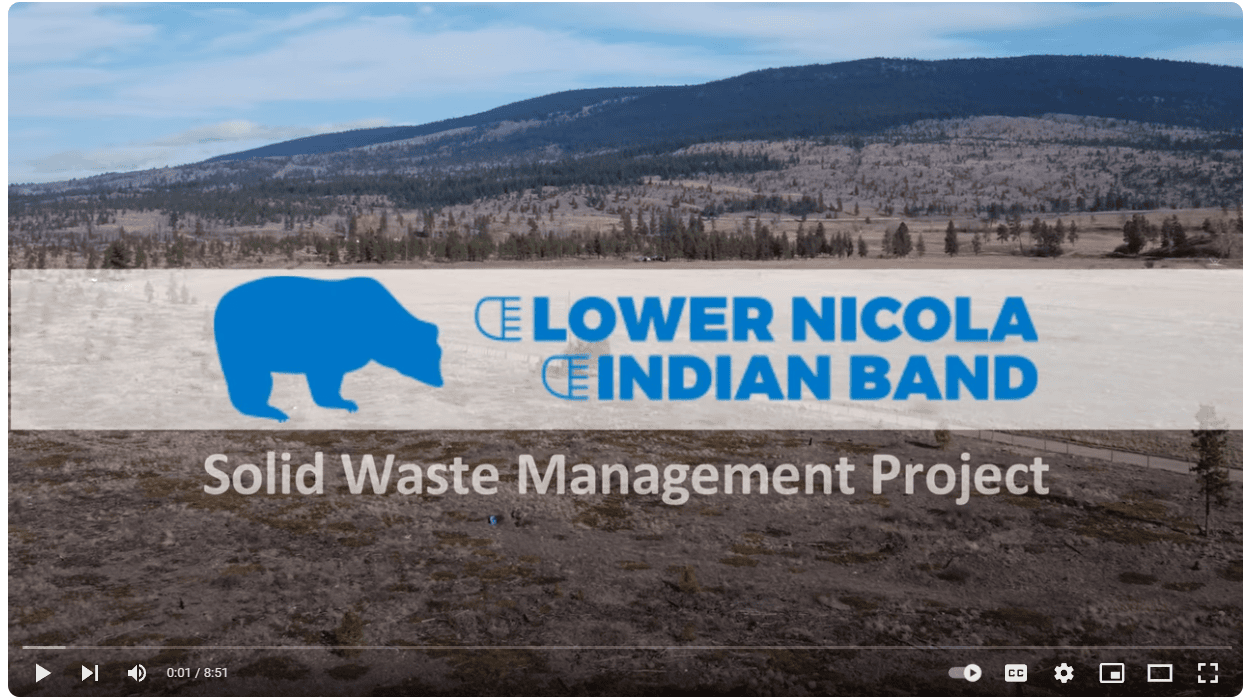
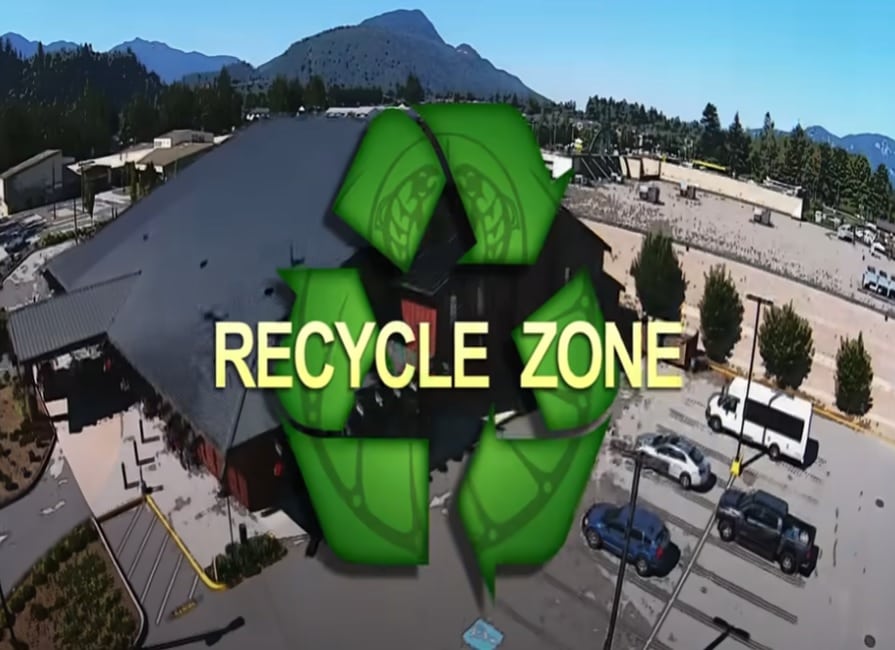 (click for video)
(click for video)